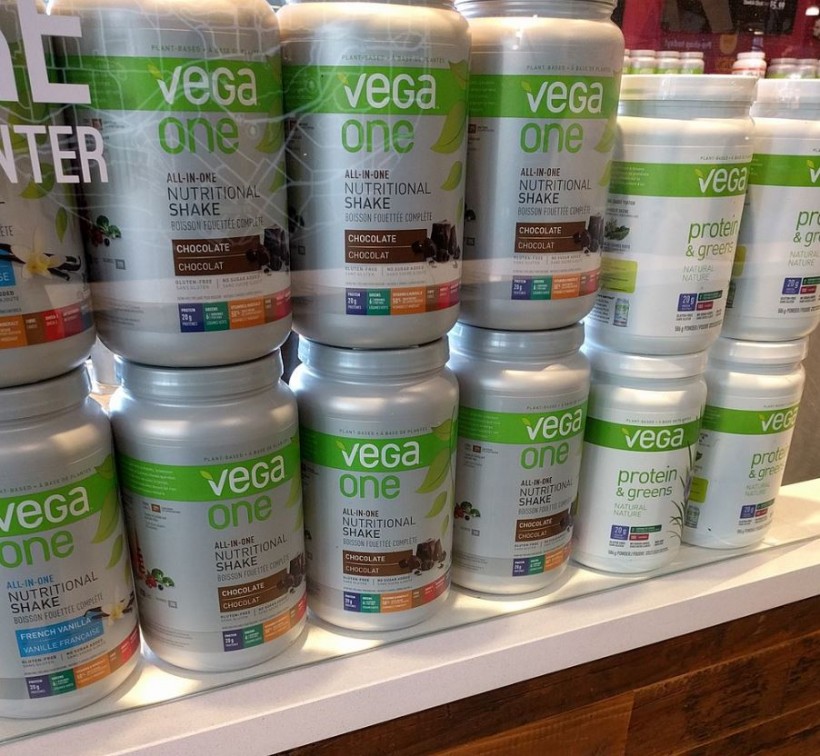Do We Really Need Dietary Supplements?
Warning: Undefined variable $post in /home/dietofli/public_html/wp-content/plugins/code-snippets/php/snippet-ops.php(584) : eval()'d code on line 3
Warning: Attempt to read property "ID" on null in /home/dietofli/public_html/wp-content/plugins/code-snippets/php/snippet-ops.php(584) : eval()'d code on line 3
The estimated reading time is 5 minutes
Warning: Undefined variable $post in /home/dietofli/public_html/wp-content/plugins/oxygen/component-framework/components/classes/code-block.class.php(115) : eval()'d code on line 3
Warning: Attempt to read property "ID" on null in /home/dietofli/public_html/wp-content/plugins/oxygen/component-framework/components/classes/code-block.class.php(115) : eval()'d code on line 3

Nutritional supplements have captured a huge chunk of the pharmaceutical industry. All around you, you will see people popping one kind of nutritional tablet or another and the trend is picking up pace every day. It is believed that by 2025, the market for dietary supplements globally will exceed $194.63 billion.
Why are nutritional supplements so popular?
They are a rage among the Millennials who are obsessed with their health and even more popular among people over the age of 60 who feel that they need some extra help to keep their bodies functioning at their peak. The most preferred types of dietary supplements are individual vitamins, multivitamins (which may mountain more than 10 different kinds of vitamins), minerals, herbal products and biosimilar products such as hormones. Health-conscious people fear that they are missing out on vital nutrients and that is why they are keen to make up for the shortfall with supplements.
Dietary supplements are sold over the counter and you don’t need a prescription to purchase them and that is another reason why almost everyone seems to be buying them.
Moreover, with the media glorifying the virtues of dietary supplements, it’s hard to resist their lure. But what many people find themselves do they really help or is it simply a waste of money? (1)
Can they do more harm than good?
Every doctor you ask will tell you that dietary supplements are in no way an alternative to a wholesome diet. And they could distract you from those lifestyle practices that can keep you healthy. It has been observed that once people start to rely on pills, they ease up on their healthy diet and forsake physical activity because they are under the illusion that their supplements can be a miracle solution to all their health woes.
But you will be surprised to know that studies have found that supplements do not significantly improve your health. Neither can they reverse an illness. For example, the Journal of the American College of Cardiology found that consuming vitamin D, vitamin C, and calcium will not shield you from cardiac problems. Yet that is what they purportedly do according to the companies that sell them. According to the FDA, supplements cannot claim to prevent, cure or treat an illness.
Many doctors believe the real reason people claim to benefit from dietary supplements even though clearly they have no significant benefit is the ‘placebo effect’. People feel content that they are going the extra mile to ensure their diet is healthy and that actually makes them healthy. It is a case of mind over matter.
Moreover, there is a risk of overdosing. If you are buying dietary supplements OTC without having talked with a doctor, you have no way of knowing how much your body actually needs. Health articles may give you a vague idea about the dosage, but remember there are many factors that determine it, such as your age, sex, weight, lifestyle, and medical history. Your body strikes a fine balance of nutrients and if you upset it, it could wreak havoc on your body. Here are a few examples that will explain why excess is just as harmful as a deficit-
- Suppose, you ingest too many calcium and Vitamin D tablets in the hopes of warding off osteoporosis, you could actually still end up with weakened bones, reduced function of heart and brain and kidney stones
- Too much of Vitamin A could lead to frequent headaches and can even damage your liver
- Excess iron will cause nausea, vomiting and liver damage
- A very high dose of vitamin E can cause a stroke
- If you consume vitamin B 6 for more than a year, it could damage your nerves
- An abundance of Vitamin K in your body could trigger blood thinning and prevent your blood from clotting and that may eventually lead to a haemorrhage
- Too much of Vitamin A and Vitamin E during pregnancy can cause birth defects, a rupture of the amniotic sack or preterm birth
If you are undergoing treatment, dietary supplements could interfere with and reduce the efficacy of medicines and therapy. For example, dietary supplements such as Vitamins C and E increase skin sensitivity and that can make radiation therapy immensely painful and may even trigger serious reactions. (2)
Should you not take nutritional supplements at all?
If your doctor detects a nutritional deficiency then you will be recommended particular pills to fill up those gaps in your diet plan. If you have been diagnosed with an illness your body might need vast reserves of vitamins and supplements to recuperate. If you are pregnant or lactating then too your body will have special requirements. In these scenarios, it would make sense to take dietary pills prescribed by a doctor. But if you are perfectly healthy, you really do not need dietary supplements.
Remember, even if a certain supplement has captured your fancy, you really must consult your doctor before purchasing it. Otherwise, you may wilfully ruin your own health.(3)














